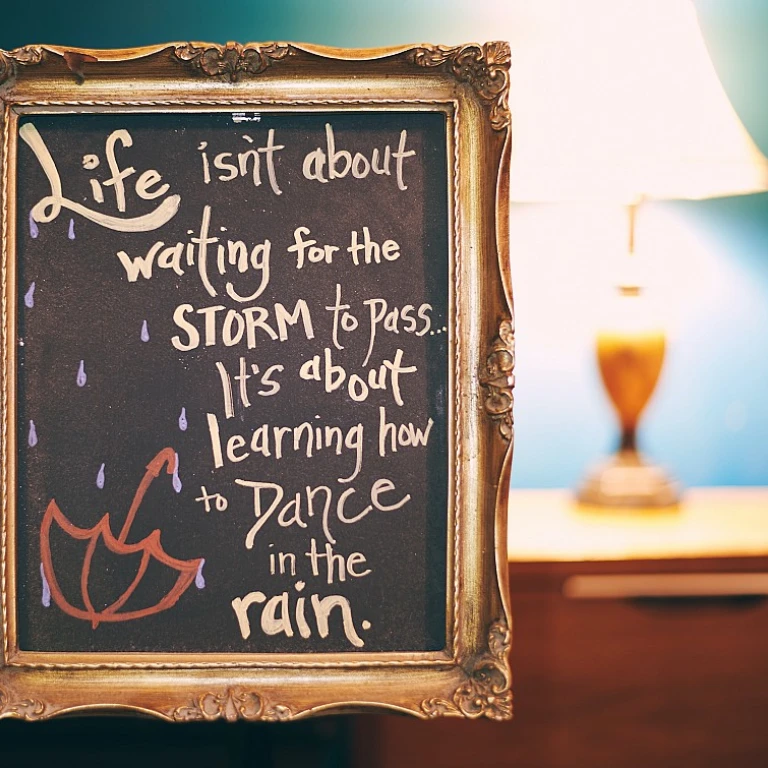Understanding Situational HR Interview Questions
Grasping the Essence of Situational Inquiry in HR Interviews
To navigate the nuanced landscape of situational HR interview questions, it's crucial to first grasp the core purpose behind these inquiries. Hiring managers often lean on these questions to assess how candidates react in specific professional circumstances, evaluate decision-making skills, and predict future behavior based on past responses. Situational questions essentially pave the way for candidates to demonstrate competencies that aren't merely captured by a resume. Certainly, the dynamics of such interviews can appear daunting at first glance. However, understanding the methodology behind these queries clarifies why they are paramount in the hiring process. In essence, these questions are designed to venture beyond superficial engagements, offering insight into how an applicant might handle challenging scenarios within the workplace. The nature of situational questions also permits interviewers to gauge a candidate’s adaptability and flexibility. With a plausible ‘What would you do if...?’ scenario, the interviewer can discern if the candidate is capable of navigating challenges with poise and creativity. Through these inquiries, employers aim to elicit responses that convey composure, resourcefulness, and strategic thought—they want to understand not only the candidate’s practical skills but their ability to thrive under pressure. By getting comfortable with these questions, candidates can not only impress potential employers but also gain a deeper self-awareness in terms of where their strengths lie in problem-solving and crisis management. As we delve deeper, we'll outline common situational questions and effective strategies to tackle them, ensuring that you’re well-prepared for your next HR interview experience.Common Situational Questions and How to Tackle Them
Navigating Complex Interview Scenarios
When it comes to situational HR interview questions, preparation is key. These questions are crafted to gauge how candidates navigate complex professional scenarios by asking them to solve on-the-fly problems. For example, you might be presented with a scenario where you must manage a conflict between two team members or handle a crisis situation with limited resources. The key is not just to talk about what you would do, but to back it up with experience and a strategic approach.Context Matters
Understanding the context of the situation in these interview questions can significantly influence your response. Employers are keen to see how well you grasp the nuances of a situation and can adapt your problem-solving skills to meet the demands. A question like, "How would you handle a major policy change that affects your team?" requires you to consider the operational, human, and strategic dimensions of the scenario.Demonstrating Leadership and Decision-Making Skills
Employers are often looking for evidence of leadership and decisive action during situational interviews. Are you able to take charge and lead your hypothetical team out of a quagmire with minimal disruption? A salient example might involve describing a time when you noticed a project was going off-track and the steps you took to realign it, highlighting your capacity for decisive intervention and thoughtful decision-making. For more insights on honing your HR interview skills, including how to effectively communicate your problem-solving prowess, explore our comprehensive guide to mastering HR interview techniques.The STAR Method: Your Secret Weapon
Unlocking the STAR Method for Interview Success
If you've ever faced the daunting task of answering situational HR interview questions, you might be familiar with the STAR Method. This well-regarded approach is designed to help you craft concise and compelling responses that showcase your problem-solving abilities. But what exactly is the STAR Method? Let's break it down:- Situation: Set the context for your story. Describe the specific context or background of the situation you were involved in. Keep it relevant and to the point to set the stage effectively.
- Task: Clearly define your responsibility in that situation. What were you tasked with achieving or overcoming?
- Action: This is where you shine. Detail the steps you took to address the task. Focus on your actions and contributions, demonstrating your proactive approach.
- Result: Finally, share the outcome of your actions. Highlight the positive results, any learnings, and how the experience could be applied to future challenges.
Real-Life Scenarios: What Employers Want to Hear
Decoding Employer Expectations in Situational Interviews
When you're in the hot seat during a situational HR interview, it's crucial to understand what employers are really looking for. These questions are designed to gauge not only your problem-solving skills but also your ability to handle real-world challenges in the workplace. Employers want to see how you think on your feet, adapt to new situations, and learn from past experiences.
One key aspect employers focus on is your ability to demonstrate emotional intelligence. They want to know how you manage stress, handle conflict, and collaborate with others. For instance, if you're asked to describe a time when you had to work with a difficult team member, they’re not just interested in the outcome but also in how you navigated the interpersonal dynamics.
Another critical element is your capacity for growth and learning. Employers appreciate candidates who can reflect on their experiences and articulate what they learned from them. This shows that you are not only capable of handling challenges but are also committed to personal and professional development.
As you prepare for these interviews, consider the insights shared in earlier sections about common questions and the STAR method. These tools will help you craft responses that align with what employers want to hear. By understanding the underlying expectations, you can tailor your answers to showcase your strengths and potential contributions to the organization.




